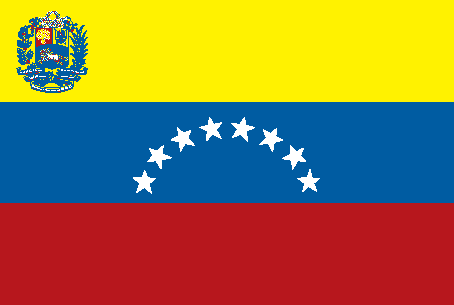
Venezuela was one of three countries that emerged from the collapse of Gran Colombia in 1830 (the others being Ecuador and New Granada, which became Colombia). For most of the first half of the 20th century, Venezuela was ruled by generally benevolent military strongmen, who promoted the oil industry and allowed for some social reforms. Democratically elected governments have held sway since 1959. Hugo CHAVEZ, president from 1999 to 2013, sought to implement his "21st Century Socialism," which purported to alleviate social ills while at the same time attacking capitalist globalization and existing democratic institutions. His hand-picked successor, President Nicolas MADURO, continues CHAVEZ's socialist programs. Current concerns include: a weakening of democratic institutions, political polarization, a politicized military, rampant violent crime, overdependence on the petroleum industry with its price fluctuations, foreign exchange controls that discourage private-sector investment, high inflation, a decline in the quality of fundamental houman rights, and widespread scarcity of consumer goods.
petroleum, natural gas, iron ore, gold, bauxite, other minerals, hydropower, diamonds
arable land: 2.85%
permanent crops: 0.71%
other: 96.44% (2011)
28,868,486 (July 2014 est.)
country comparison to the world: 46
Spanish, Italian, Portuguese, Arab, German, African, indigenous people
nominally Roman Catholic 96%, Protestant 2%, other 2%
Spanish (official), numerous indigenous dialects
definition: age 15 and over can read and write
total population: 95.5%
male: 95.7%
female: 95.4% (2009 est.)
Caracas
federal republic
5 July 1811 (from Spain)
Independence Day, 5 July (1811)